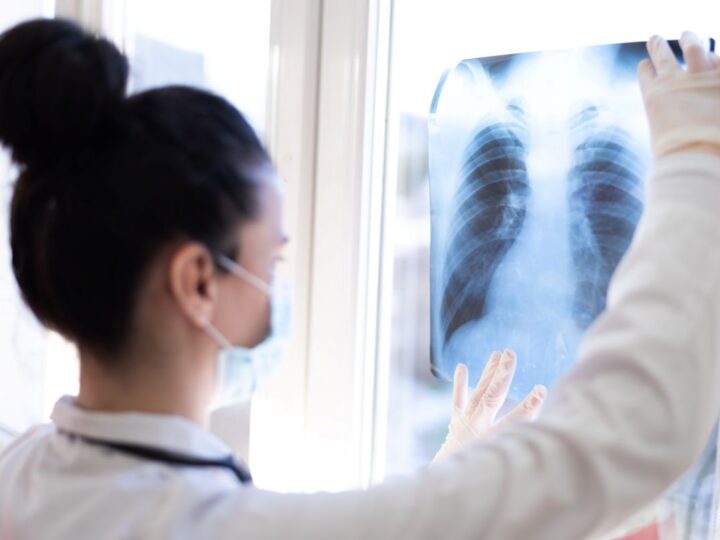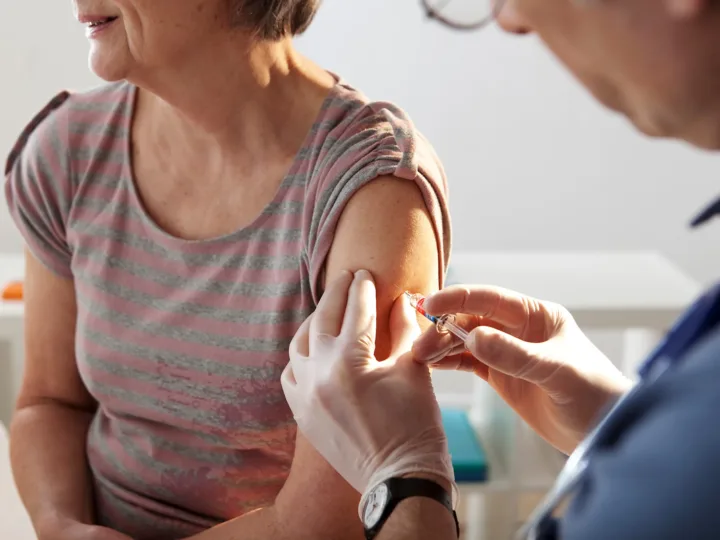
Summer means long days spent outdoors, backyard wiffle ball games, late-night lightning bug catching, and family road trips. But with the increase in activity, there comes a greater risk of injury—from minor cuts and sprains to more serious incidents involving ATVs or farm equipment. At Warner Hospital, we’re here to help you stay safe and prepare a plan of action when accidents happen.
Helping Our Neighbors Heal: Local Care for Sprains and Strains
Whether it’s a twisted ankle while playing on the playground at a local park, or a wrist sprain from helping with farm chores, these soft tissue injuries are among the most common we treat in our Emergency Department.
R.I.C.E. Method at Home:
- Rest: Avoid putting weight on the injured area.
- Ice: Apply for 20 minutes at a time to reduce swelling.
- Compression: Use a wrap or brace.
- Elevation: Keep the limb raised to ease inflammation.
When to See Us:
- Inability to bear weight or use the limb.
- Severe swelling or bruising.
- Pain that worsens or doesn’t improve in 48 hours.
Cuts, Scrapes & Minor Wounds: Caring For A Cut
Gardening tools, fence repairs, and a tumble while riding a bicycle can all bring the risk of cuts and puncture wounds. When accidents happen, it’s important to know how to react and what steps you can take to ensure full recovery.
First Aid at Home:
- Rinse with clean water.
- Apply antiseptic and cover with a clean bandage.
- Keep an eye out for signs of infection. (redness, warmth, pus)
Come to the Clinic or ER If:
- The cut is deep or won’t stop bleeding, you may need stitches.
- If the cut was a result of a rusty tool, you may need a tetanus shot.
Sports Injuries: When Fun Leads to Fractures
Summer often stays busy for children involved in multiple activities including baseball or softball leagues, sport camps, playground adventures, and lots of backyard play. All of this play equates to a higher chance of sprains, bumps, and even broken bones.
Basic Care:
- Use R.I.C.E. method for mild injuries.
- Keep children rested and monitor for swelling or bruising.
- Ensure children wear proper protective gear during sports such as helmets and knee pads.
When to See Us:
- There’s swelling near a joint or bone.
- Your child can’t move or bear weight on a limb.
- You suspect a concussion. (dizziness, headache, nausea, confusion)
ATV & On-Farm Accidents: Serious Risks on the Job
Most outdoor chores and tasks on the farm require equipment such as ATVs, tractors, and heavy machinery. These can lead to more serious injuries, especially in young or inexperienced operators.
What to Do in an Emergency:
- Call 911 immediately for severe trauma, broken bones, or head injuries.
- Do not move the person from the equipment unless necessary.
- Apply first aid and control bleeding while you wait for emergency services.
Preventative Advice:
- Always wear helmets and protective gear.
- Keep young riders on age-appropriate vehicles.
- Inspect equipment regularly for safety.
Summer Safety
Not every injury is avoidable but there are simple ways to stay prepared if an emergency situation were to arise. We’ve compiled a checklist for a safe summer:
- Update your tetanus shot.
- Pack a first aid kit in your truck or ATV.
- Ensure kids are hydrated and supervised.
- Wear safety gear for all outdoor activities.
- Dress kids in bright-colored swimwear when swimming in pools, lakes, or oceans.
From the corn fields to the ballfields—we’re here to keep you safe and healthy all summer long. Warner Hospital and Health Services is the only 24-hour Emergency Department in DeWitt County here to help you and your family through life’s unexpected moments. For non-emergency care, call Family Medicine at 217-937-5284.






